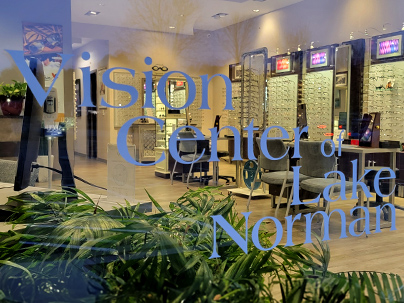Eye Exams and Academic Success: The Link Between Vision and Learning
Blog:Eye Exams and Academic Success: The Link Between Vision and Learning

Did you know that your child’s performance in school could be directly related to their vision? Vision plays a significant role in how we learn and process information. Many children who struggle academically have undetected vision problems. In this blog post, we’ll explore the link between vision and learning and how regular eye exams help children reach their full potential.
1. Vision problems can affect learning
Many children struggle throughout their school years and the root cause of their struggles may be their vision. Children with vision problems, such as nearsightedness and astigmatism, may do poorly in school. They may have difficulty reading the board or seeing details in their textbooks, affecting their academic performance. Additionally, children may not realize they have a vision problem and may not tell their parents or teachers. Regular eye exams can detect these issues, allowing for early intervention and treatment.
2. Eye exams can detect learning-related vision problems
A pediatric eye exam is more than just a screening to see whether a child needs prescription glasses; it is also a way to detect learning-related vision problems. These types of vision problems involve difficulties in using the eyes together, focusing, and tracking objects. Children with these vision problems may have trouble copying information from the board or following along when reading. Comprehensive eye exams can detect these problems, allowing for treatment that can help improve academic performance.
3. Good vision is essential to classroom learning
Classroom learning involves much more than just sitting at a desk and listening. Students need to interact with their peers, see visual aids, and complete assignments. If children can’t see clearly, they may struggle during group activities, have difficulty participating in class discussions, and become frustrated with homework assignments. A routine eye exam ensures that children are well-equipped to learn in a classroom environment and can make all the difference in academic success.
4. Early detection is key
The earlier vision problems are detected, the more effective treatment can be. That’s why it’s important to schedule your child’s eye exam with our eye doctors in Newton or Mooresville as soon as possible. Even if your child isn’t struggling at school, getting routine eye exams is crucial to ensure their eyes are healthy, and their vision is developing normally.
5. Prevent digital eye strain
In today’s digital age, many students spend a significant amount of time staring at screens. This can cause digital eye strain, which leads to blurry vision, headaches, and eye fatigue. Students who experience digital eye strain may have difficulty focusing, feel sleepy during class, or experience other academic issues. Regular eye exams help detect and prevent digital eye strain, ensuring students can learn and perform at their best.
Vision and learning are intrinsically linked. Good eyesight is essential for academic success, and regular eye exams are necessary to ensure that vision is not affecting learning. By addressing vision problems in children, we can help improve academic performance and aid in their long-term success. Contact us today to book your child’s eye exam in Newton or Mooresville!


